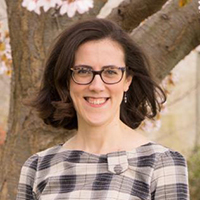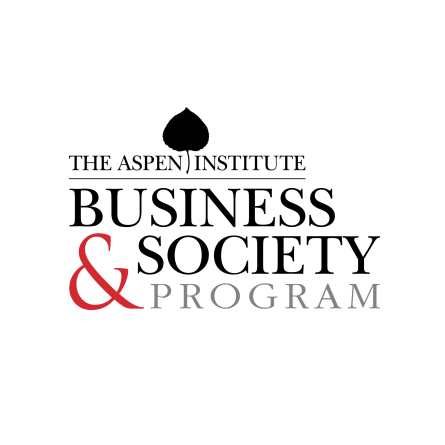
Connecticut College honored by Aspen Institute for innovative curriculum
The Aspen Institute has recognized Connecticut College as a prime example of how the liberal arts and business education can be integrated in a way that addresses the practical, moral and ethical dilemmas business leaders are facing in the modern economy. The College is featured in “Charting a New Course for Next Generation Business Leaders,” an Aspen Institute report of courses and curricula that “blend” the liberal arts and business education.
Six years ago, the Institute launched the Aspen Undergraduate Consortium, an initiative that brought together more than 70 colleges and universities that pledged to find new ways to blend the liberal arts and business. Connecticut College distinguished itself by creating a Global Capitalism Integrated Pathway.
Pathways are a core component of Connections, the College’s reinvention of the liberal arts. Each Pathway is a set of courses and experiences organized around a central theme. Modeled after the College’s innovative centers for interdisciplinary scholarship, Pathways allow students to explore issues they are passionate about by intentionally combining their academic major with interdisciplinary study and off-campus learning through study away and a relevant internship. The Pathway culminates in an all-College symposium where students present the results of their integrative studies to the larger campus community.
One of 11 available Pathways, the Global Capitalism Pathway develops informed and responsible business leaders and global citizens by providing opportunities for deep reflection on the historical, political, environmental and social consequences of global capitalism.
The idea is to close the gap between practical preparation for a career and the development of critical thinking skills, says Sarah Queen, professor of history and coordinator of the Global Capitalism Pathway.
“Conn’s Pathway structure is a total game changer for our students, because it empowers them to integrate what have traditionally been disparate and disconnected elements of their liberal arts education into a highly creative experience,” she said.
Later this month, Queen will travel to Copenhagen, Denmark, to participate in a three-day event sponsored by the Aspen Undergraduate Consortium, which will celebrate and showcase novel approaches to blending business and the humanities in higher education.
"The conference in Copenhagen is a very exciting opportunity to workshop my Global Capitalism syllabus with fellow educators who are committed to closing that gap between the practical career development approach that is indicative of pre-professional programs, and the critical thinking skills associated with a liberal arts education," Queen said.
Students enrolled in the Global Capitalism Pathway say the interdisciplinary aspect of the curriculum has enhanced their experiences in some surprising ways.
“The Global Capitalism Pathway has completely changed my approach to studying,” said history major Juliet Levesque ’20. “I find myself applying the things I’ve learned in the seminar course to all of my other classes, even studio art. Since joining the Pathway, I cannot imagine my education without it. It has diversified my major, certificate program, and everything in-between.”
Connections places a large emphasis on global-local engagement, and the Pathways are essential vehicles for facilitating those priorities.
“I’m able to pursue meaningful internships that relate to my interests, like volunteering at the New London Homeless Hospitality Center,” said Viangely Asencio ’20.
"As a triple major, the Pathway lets me fully integrate my majors so I’m able to focus more on developing my research and interests.”

